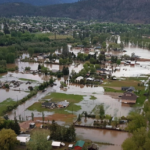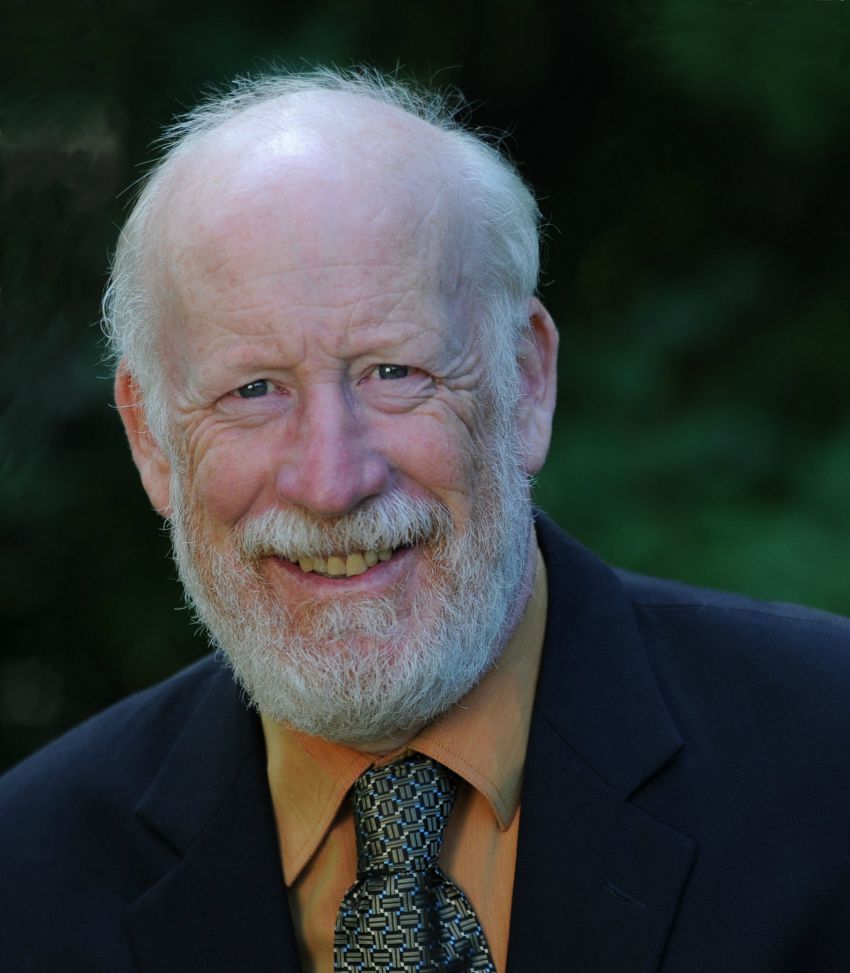Column: From the Hill -- Columbia River Treaty issues
Last week I spent three days in Spokane at the Pacific Northwest Economic Region meetings. Over 600 legislators, business people, and other interested folks from BC, Washington, Oregon, Idaho, Montana, Alaska, Alberta, Saskatchewan, the Yukon and Northwest Territories gathered to talk about issues important to this region.
In these days of Trumpian bullying and bluster, it was so refreshing and encouraging to have face-to-face conversations with American legislators and policy experts. We need to establish and maintain these personal and respectful relationships with our American counterparts to ensure that our countries can get along and enjoy mutual prosperity.
There were sessions on NAFTA, energy, forestry, tourism, agriculture, infrastructure, carbon policy and more. But the subject that drew the most interest was the Columbia River Treaty.
Canada and the USA are beginning to negotiate a modern Treaty to update the present agreement that came into effect in 1964. Chief negotiators Sylvain Fabi of Canada and Jill Smail of the USA outlined the high-level aims of each country at the Spokane meeting, but more interesting were the presentations given by a multitude of interested groups.
Under the present treaty Canada provides water storage on the Columbia River for flood control and hydroelectric power generation in the USA. In return, the US returns half of the estimated benefit of the treaty dams—a payment called the Canadian Entitlement that is delivered in the form of electricity. The treaty has benefited both countries, but there are several critical issues that were ignored when it was negotiated through the 1950s.
First Nations were not consulted or even considered in the original treaty, and environmental benefits and losses were not taken into account. Both these issues must be addressed in the new treaty, which intersect in the movement to bring salmon back to the upper Columbia.
Groups in the US want irrigation and compensation for the Libby Dam included. American interests also want a significant reduction in the Canadian Entitlement because of changes in the price of power and unforeseen constraints on power production in the US, especially those to protect fish populations.
During an afternoon trip to the Grand Coulee Dam we saw the huge water diversion project that irrigates much of central Washington through water pumped up from the dam. Irrigation was really the main reason the dam was built, and it is still operated by the Bureau of Reclamation.
The dam and irrigation project were built in 1941, before the original treaty was even envisioned, and future increases in irrigation water removals could conceivably be dealt with through domestic agreements outside the Treaty. Similarly, compensation for the impact of the Libby Dam on Montana residents could be provided by governments south of the border in much the same way that BC compensates Kootenay communities for the effects of valleys flooded in Canada.
This is done through the Columbia Basin Trust, created in the 1990s by the BC government and funded by energy sales from dams in the Kootenay region. It has nothing to do with the Canadian Entitlement, which is generated from energy sales at US dams.
On Thursday and Friday, I helped lead a bus tour of the Canadian side of the Columbia River Treaty. We viewed the Keenleyside Dam at Castlegar and at Nakusp heard from residents who lost family farms in 1968 as the water rose. Mayor Karen Hamling pointed out the difficulties caused by fluctuating water levels and asked the legislators to consider keeping the Arrow Lakes at a more constant level under a new treaty.
The bus tour was a great way for legislators and policy makers to spend two days of quality time to develop the cross-border relationships that will be so important in years to come. US-Canada affairs are critical to both countries, and these ties will serve us well as we deal with NAFTA, softwood lumber, and the many other thorny issues that face us.



























Comments